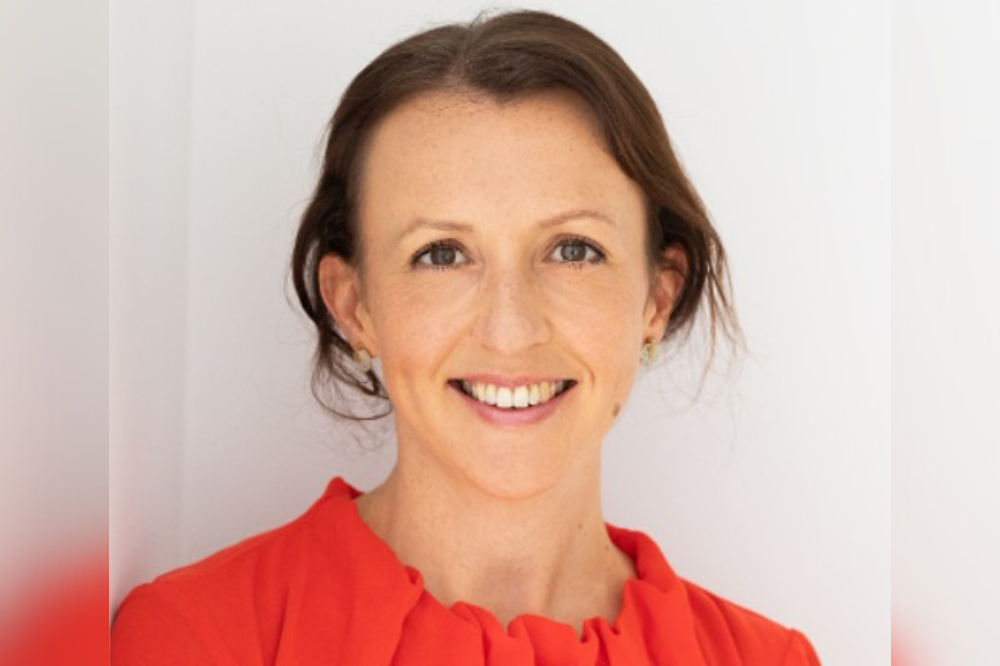
Walk into any thriving classroom and chances are, you’ll find a teacher doing far more than delivering content. They’re asking the right questions, encouraging risk-taking, and drawing out the best in every student. Great teachers don’t just shape lessons—they shape lives. And their impact echoes across the whole school.
Since 2009, Teach For Australia (TFA) has supported 650,000 young people with 1,800 new and developing teachers in 300 schools. The organisation’s aim is clear: ensure that every student, no matter their postcode, has access to the kind of teaching that sparks potential and shapes futures.
Under the leadership of its founder, Melodie Potts Rosevear, TFA has placed more than 1,600 teachers in regional, rural, remote and disadvantaged schools across the country, reaching over half a million students.
Recently, Potts Rosevear OAM, who has led the organisation for nearly 18 years, announced that she was stepping down as CEO. Filling this critical role is Edwina Dohle, who was appointed TFA’s new CEO on May 1.
Indeed, Dohle understands first-hand the power of the organisation’s work. After all, she was a former TFA Associate (2010 cohort) herself. As she settles into the role, Dohle brings with her a deep understanding of the classroom experience – combined with high-level policy and reform expertise through senior roles across the Australian Public Service.
Building classrooms where equity leads
Upon being appointed TFA’s new CEO, Dohle said she was honoured to step into the role and build on Melodie’s “incredible” legacy.
“Great teachers are the most powerful force in shaping student success. My firsthand classroom experiences – the highs, lows, lessons and rewards – have shaped this understanding,” Dohle told The Educator. “But equally, I believe this impact can grow when teachers and leaders are nurtured within systems through wrap-around support, whole-school approaches, and effective school leadership.”
For over a decade, Dohle worked in the Commonwealth public service, strengthening national systems to support effective teaching and learning. Dohle said her experience – both as an educator and working at the systems-level – allows her to bridge classroom realities with broader structural reform.
“Meaningful progress requires sustained collaboration and partnerships with all levels of government, agencies, policymakers, community organisations, and educators – all shaping a responsive, resilient ecosystem.”
Strengthening Australia’s school leadership pipeline
When asked where she sees the organisation making its boldest impact over the next five years, Dohle said she hopes TFA will expand its reach and impact, ensuring more classrooms across Australia are led by the effective, committed and inspiring teachers they need.
“A key part of this growth is the launch of our innovative undergraduate teaching pathway, designed to bring more diverse, talented individuals into classrooms,” she said. “After over 15 years, we’re also seeing more TFA teachers step into school leadership – with around 40 per cent of Alumni advancing into these roles.”
Dohle said this impact will only increase in coming years, as TFA continues to make a significant contribution to the school leadership pipeline.
“This next generation of school leaders is driving evidence-based practice, fostering continuous learning and improvement and, most importantly, upholding an unwavering belief in every child’s innate potential.”
Urgent need to bridge policy and practice
Drawing from her experience and the discussions she’s been having with educators, Dohle said she sees a crucial opportunity to bridge policy and practice to develop both strong teachers and system leaders within the sector.
“One of our biggest challenges is ensuring a sustainable workforce as schools are becoming increasingly complex, with persistent inequities in student outcomes and mounting pressures on educators,” Dohle said.
“We know from experience that effective support models work. We must build school ecosystems where educators are well-supported, confident and engaged in evidence-based practice.”
Dohle said this begins with a sharper focus on what matters most.
“Recruiting and nurturing top talent while creating supportive environments for teacher growth, effectiveness, and resilience is essential to meeting modern classroom demands and achieving meaningful student outcomes.”

